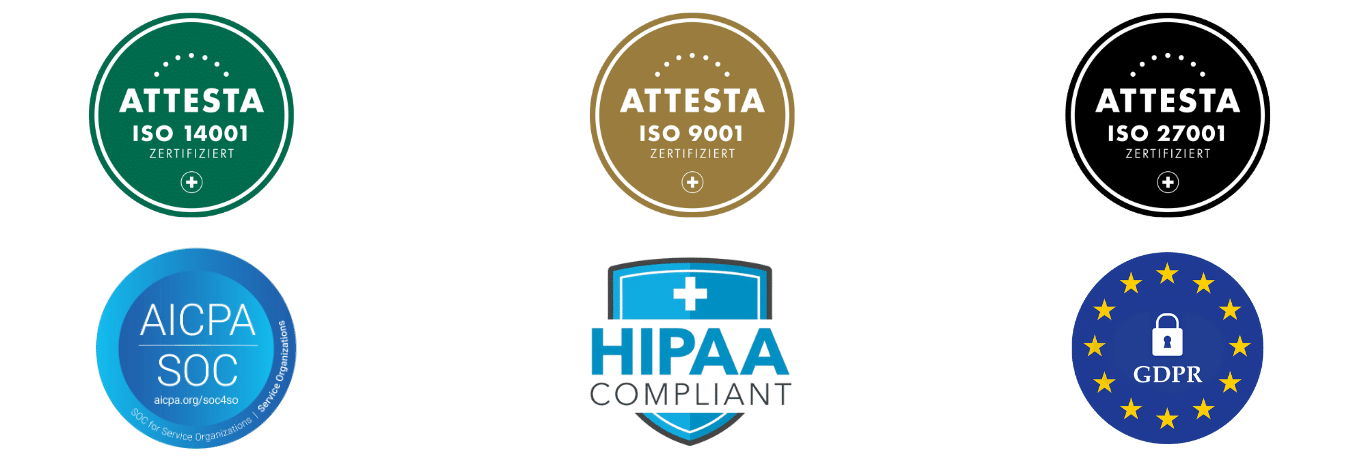Whilst LLMs are trained on the global web content, our models are trained specifically on quality and regulatory documents. When our system ingests a clinical study, it will run 15 separate models, each trained to understand specific components with accuracy (titles, tables, footnotes, etc.).
As these models are proprietary to Acodis, it is much more cost effective and traceable than systems relying purely on external LLMs.
Finally, our system can also integrates LLM post-processing, so clients actually get the best of both worlds !


-1.png?width=200&height=100&name=preview%20(5)-1.png)
-4-1.png?width=200&height=100&name=Untitled%20design%20(1)-4-1.png)









